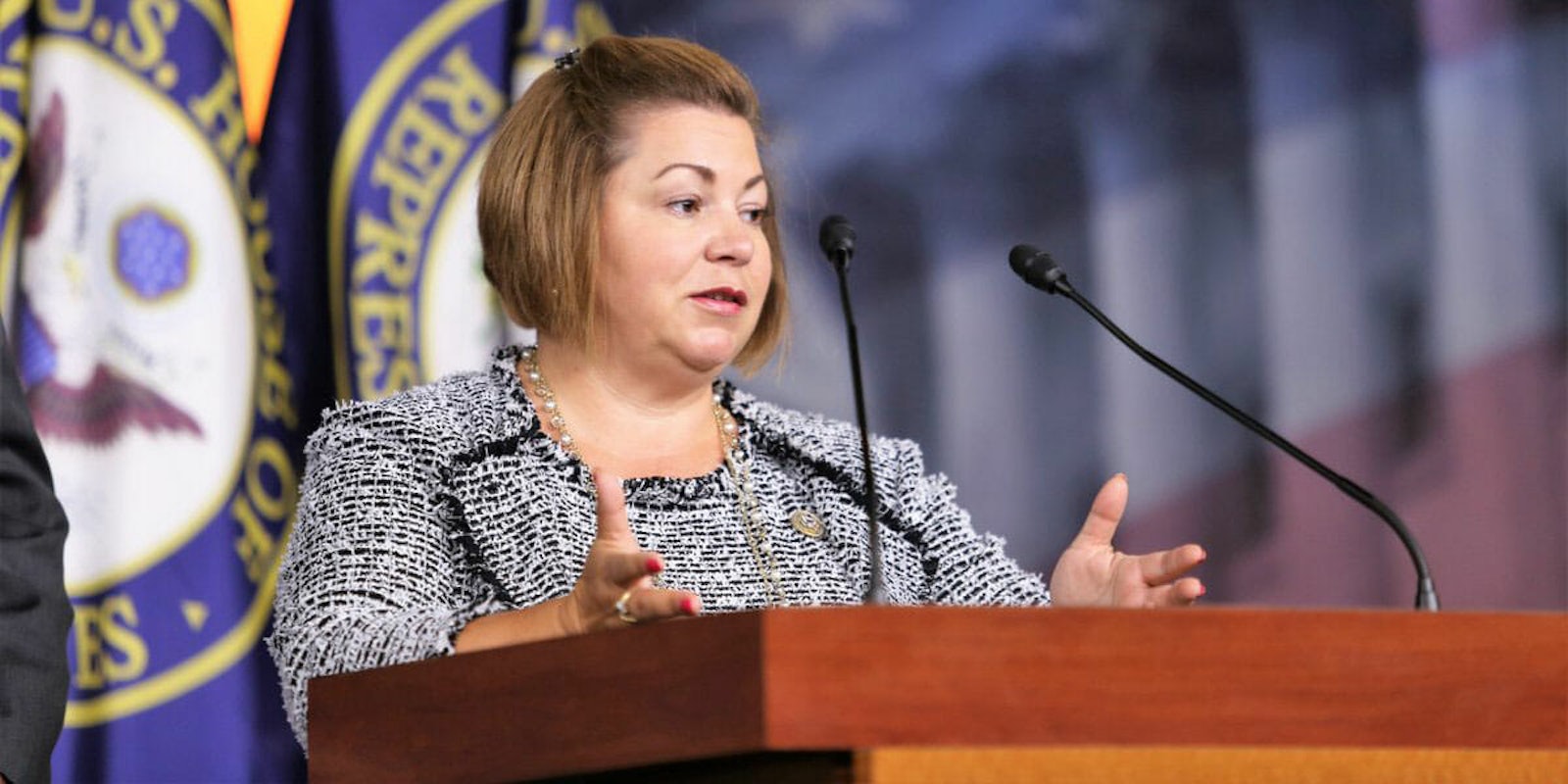As sexual harassment allegations continue to pour in from members of the entertainment industry, art world, and media, lawmakers in Congress have come forward to say, “Me too.”
Four lawmakers—former Rep. Mary Bono (R-Calif.), former Sen. Barbara Boxer (D-Calif.), Rep. Linda Sanchez (D-Calif), and former Rep. Hilda Solis (D-Calif.)—detailed harassment they experienced in Congress in a report published by the Associated Press.
The federal government, which was one of the first institutions set up in the United States, could be the original “boys club” of the country. Of the 278 women who’ve ever served in the House, more than half have been elected since 1992, and 23 of the 46 women who’ve ever served in the Senate took office in 1996 or later, according to a Pew Research Center report from 2015.
As women continue to make up only 20 percent of Congress, it’s clear that political organizations still struggle with gender equality and sexism.
The harassment each woman said they experienced spanned from inappropriate comments made at work—one representative told Bono he thought about her while in the shower—to actually inappropriate touching on the House floor. While the harassment took different forms, the women agreed the instances were viewed as power plays made by their constituents.
“This is about power,” Boxer said, after describing an incident where a male colleague made a sexually suggestive comment to her. “That was an example of the way I think we were thought of, a lot of us… It’s hostile and embarrasses, and therefore could take away a person’s power.”
While only one the women who have come forward remains a member of Congress, some of the men in question still work in Congress, according to remaining member Sanchez.
Sanchez and the other women declined to name the men accused and said it would not end favorably if they did.
“I just don’t think it would be helpful” to call the lawmaker out by name, Sanchez said. “The problem is, as a member there’s no HR department you can go to, there’s nobody you can turn to. Ultimately, they’re employed by their constituents.”
Not every woman in Congress agrees that the organization is a boys club, however. Rep. Jackie Speier (D-Calif.)—who has come forward with her own #MeToo and continues to lead efforts to reform the Office of Compliance after she was sexually assaulted as a congressional staffer—said she does not believe sexual harassment can take place between two members of Congress.
“I think the women in Congress are big girls,” she said. “The equalizer that exists in Congress that doesn’t exist in other settings is that we all get paid the same amount and we all have a vote, the same vote. So if you have members that are demeaning you it’s because you’re letting them.”
Many women know, however, that men do not need to get paid more to have the ability to harass women. Harassment manifests in all different shapes and forms and can be inflicted by anyone.
“It is a man’s world, it’s still a man’s world,” Bono said. “Not being a flirt and not being a bitch. That was my rule, to try to walk that fine line.”


